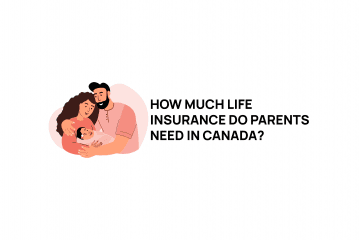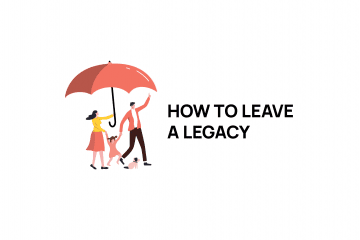This is a fairly common comment that arises when we are discussing life insurance with people. They know that they have a group medical insurance plan at work which typically includes basic life insurance, health and dental coverage, vision, etc. If it already includes life insurance why would they need to get individually owned life insurance? It is really important that you understand how your group insurance coverage works when you are considering if it provides you with enough protection.
One major thing to consider is how much coverage that you actually have through work. It’s often misunderstood and can make a big difference at the time of a claim if you didn’t understand it. Group life insurance often is set up as a minimal basic amount (e.g. $10,000 or $20,000) or a multiple of your earnings. For example, if your coverage through work is a multiple of your earnings, if you earn $75,000 a year and your employer provides two-times earnings then your group life insurance benefit is $150,000. You need to know your group coverage though!
What the ‘two-times earnings’ indicates is how much coverage you are eligible for, not how much you necessarily have. You need to know what the non-evidence maximum is for your plan, this is the amount of coverage you can have without answering health questions. Continuing with the previous example, if your plan has a non-evidence maximum of $100,000 then that’s all you have unless you apply for the extra coverage. That’s a $50,000 gap and can be an unpleasant surprise to beneficiaries if you weren’t aware of it.
Keeping along this theme, there is some guaranteed life insurance as a part of most group insurance plans. Pricing is based mainly on the demographics of the group, meaning gender and age distributions. If you have coverage that is guaranteed to be issued then the premium will reflect that there is potentially someone who is a poor risk getting coverage via the plan. If you are a young employee that is in good health then you are probably paying a bit more than you need to based on this fact.
If you are working and nearing retirement, you also need to pay attention if there is an age where the coverage expires or reduces to 25%, 50% etc. of the original coverage amount. Some group plans will make changes to your coverage at certain ages (65, 70 or 75) or even expire. Make sure to pay attention to this if you are getting close to retirement because it may be hard to qualify for your own individual policy if your health changes.
Another key thing to remember is that your group life coverage relies on you being a part of that group. This means that if you change jobs the coverage is gone. Changing jobs or retiring from work can be stressful events and losing the life insurance you had from your employer can leave you vulnerable for a period of time.
Individually owned coverage provides you with coverage based on your age and isn’t linked to any particular employer. You know what the coverage will cost you for the entire policy life at the time you receive it and as long as the premium is paid the coverage will be there (regardless of your employment). Group Life is a great supplement but rarely a replacement for individually owned life insurance.
Please contact us if you have any additional questions or request a quote on our website.




